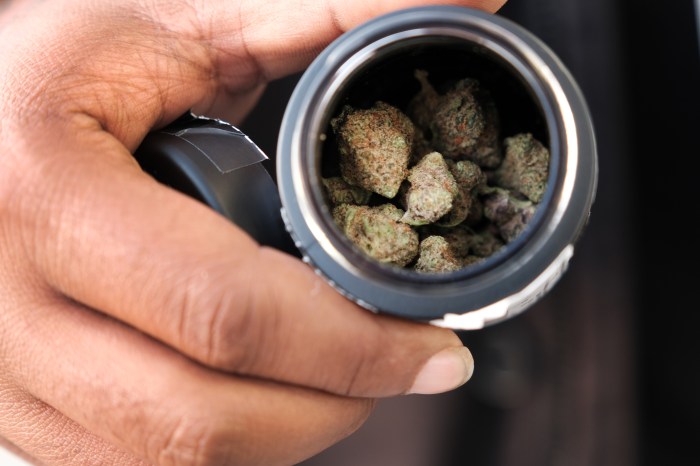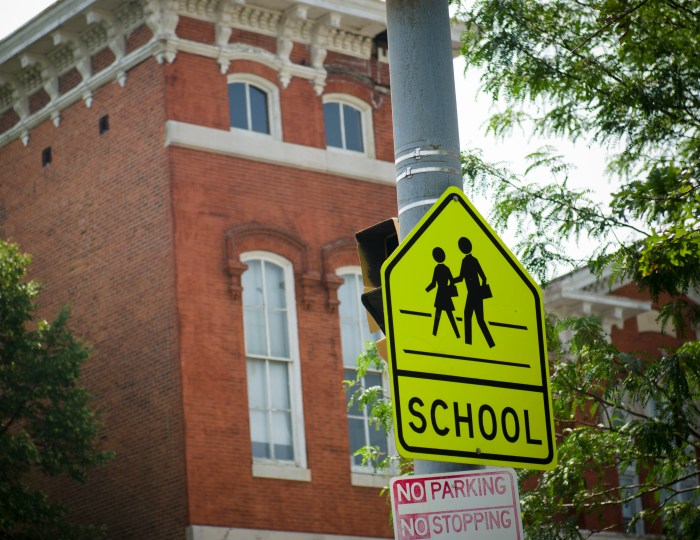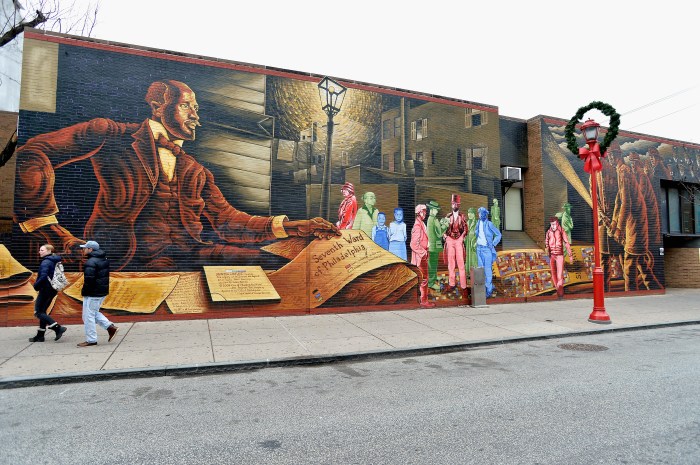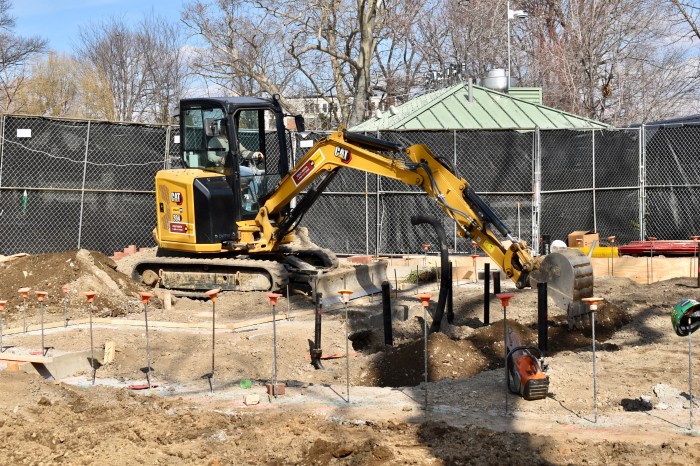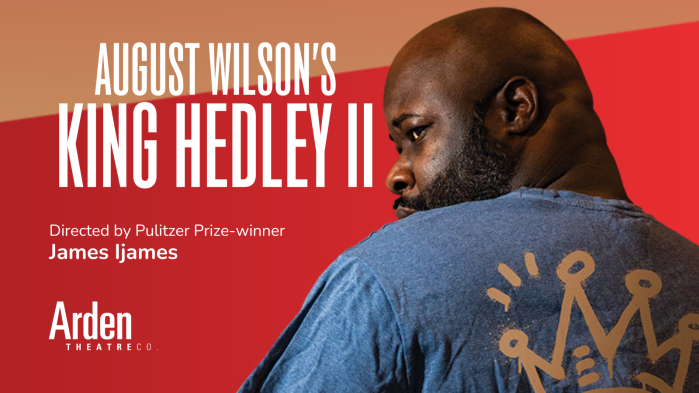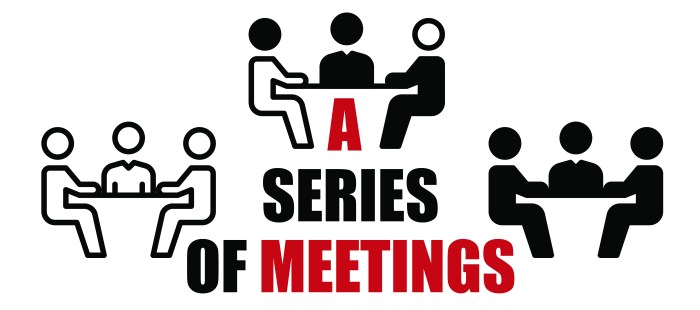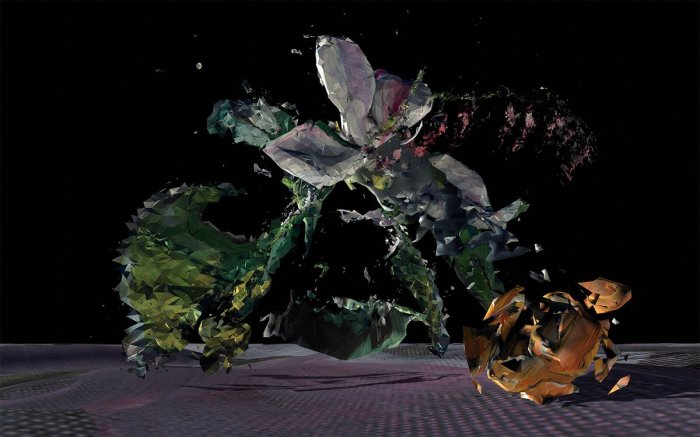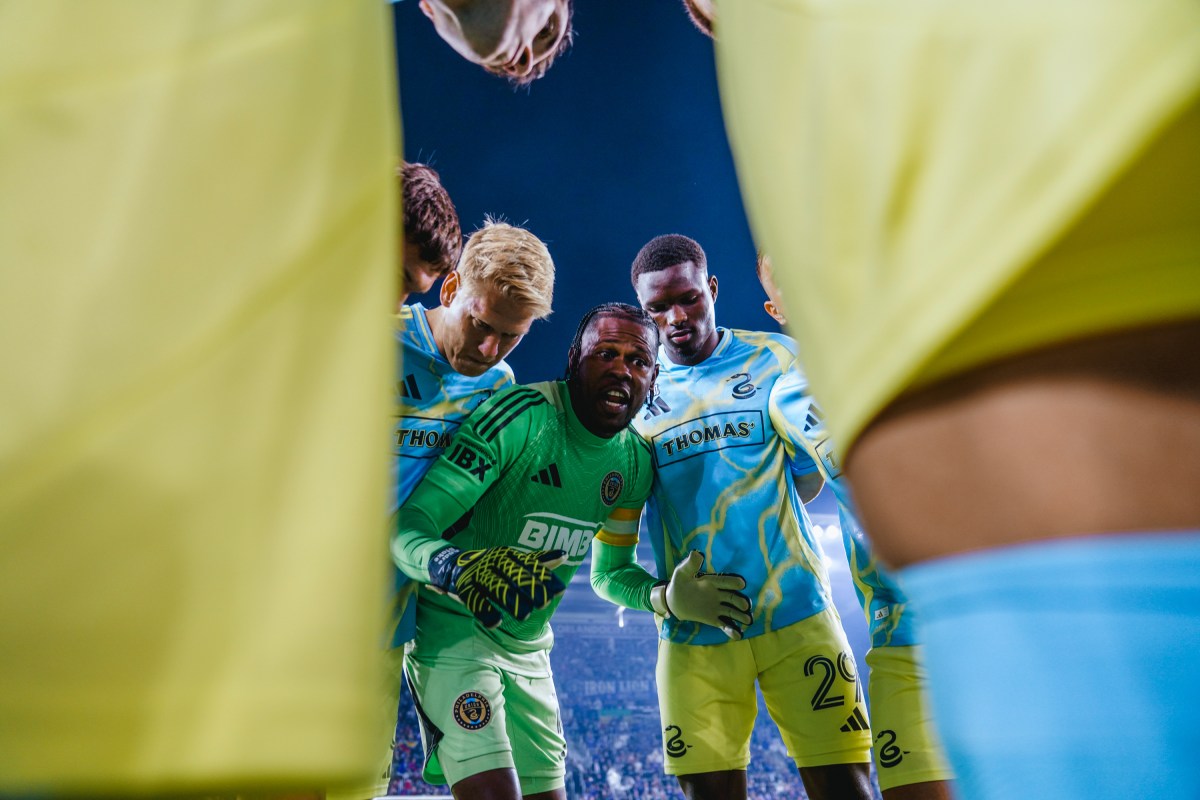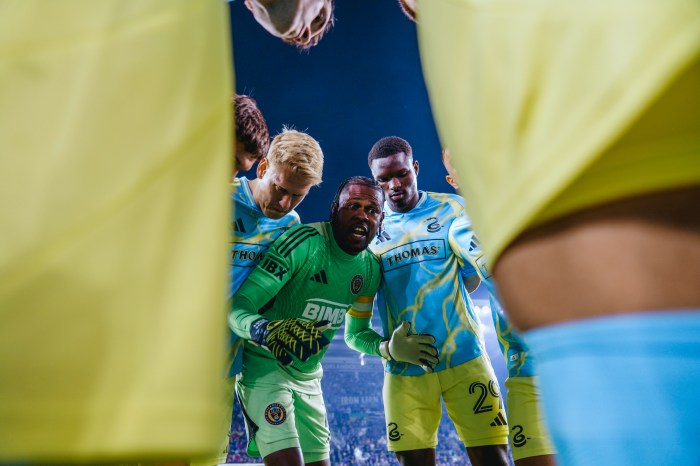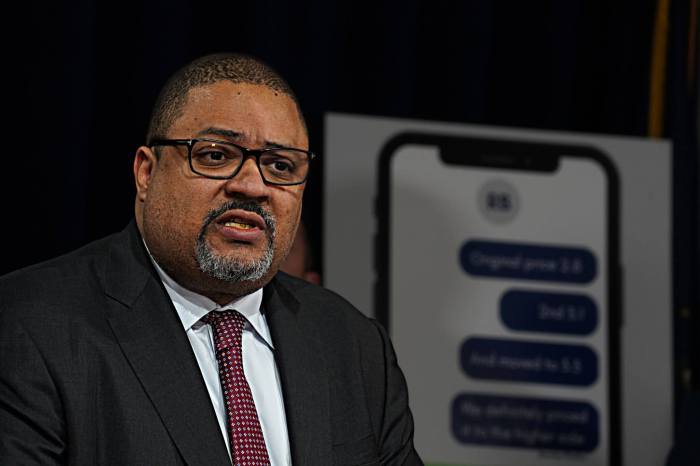By Lawrence Hurley
The Republican-controlled U.S. Senate on Sunday moved closer toward a final confirmation vote on President Donald Trump’s Supreme Court nominee, Amy Coney Barrett, on Monday, just over a week before Election Day.
The Senate voted 51-48, largely along party lines, on Sunday afternoon to limit debate on the nomination, teeing up the final vote that is expected to take place on Monday evening.
With Republicans controlling the chamber 53-47 and no indication of an internal revolt against the conservative appeals court judge replacing liberal Justice Ruth Bader Ginsburg, Barrett looks almost certain to take up a lifetime appointment on the bench over universal Democratic opposition.
Only two Republican senators — Lisa Murkowski of Alaska and Susan Collins of Maine — opposed limiting debate.
However, Murkowski said on Saturday she still intends to vote to confirm Barrett this week.
“I have no doubt about her capability to do the job and to do it well,” she said on Saturday.
No nominee to the Supreme Court has ever been confirmed by the Senate this close to a presidential election. More than 58 million ballots have already been cast ahead of Election Day on Nov. 3.
Democrats boycotted the committee vote on Thursday that advanced the nomination to a final vote on the Senate floor.
Ahead of Monday night’s vote, Democrats expressed concerns about the risks of contracting COVID-19, after several Republican Senate staffers and several members of Vice President Mike Pence’s team tested positive for COVID-19.
Senate Minority Leader Chuck Schumer urged Democrats not to congregate in the Senate chamber and to cast their votes “quickly and from a safe distance.”
It was not immediately clear whether Pence will go to the Senate on Monday for the confirmation vote, and U.S. Senate Majority Leader Mitch McConnell on Sunday twice declined to answer reporters’ questions about it.
On Sunday, Senate Minority Leader Chuck Schumer said Pence “reportedly intends to come” to the Senate chamber to preside over the final vote, and blasted him for being willing to put “the health of everyone who works in this building at risk.”
“It sets a terrible, terrible example to the American people,” Schumer said. “The Republican party is willing to ignore the pandemic to rush this Supreme Court nomination forward.”
Some of his Republican colleagues, meanwhile, did not appear too concerned.
“We’ve done a very good job within the Senate to follow the guidelines as best we can and I think the vice president will do the same,” Senator Mike Rounds told reporters, adding that Pence was “very responsible.”
With Barrett on board, the Supreme Court would have a solid 6-3 conservative majority that could last for years. In the short term, Barrett could weigh in on voting cases involving the Trump campaign before or after Election Day.
Trump has said he believes the Supreme Court will decide the election’s outcome and has made clear he wants Barrett on the bench for any election-related cases.
Barrett is also likely to participate in the Nov. 10 oral arguments in which Trump and fellow Republicans are asking the court to strike down the Affordable Care Act, the health reform law known as Obamacare.
A favorite of Christian conservatives, Barrett frustrated Senate Judiciary Committee Democrats during her confirmation hearing this month by sidestepping questions on abortion, presidential powers, climate change, voting rights, Obamacare and other issues.
Barrett, nominated on Sept. 26 to succeed Ginsburg, has criticized previous rulings upholding Obamacare but said during her confirmation hearing she has no agenda to invalidate the measure.
Democrats were incensed that Republicans moved forward with Barrett’s confirmation process so near an election after refusing in 2016 to allow the chamber to act on a Supreme Court nomination by Trump’s Democratic predecessor, Barack Obama, because it was an election year.
Republicans are hoping Barrett’s confirmation can give a boost to Trump and incumbent senators in the party facing tough re-election fights.
Barrett, 48, has been a federal appeals court judge since 2017 and previously was a legal scholar at the University of Notre Dame in Indiana.
Trump touted his nomination of Barrett during a campaign rally in New Hampshire on Sunday, telling a cheering crowd, “We’re giving you a great new Supreme Court justice.”
— Reuters




